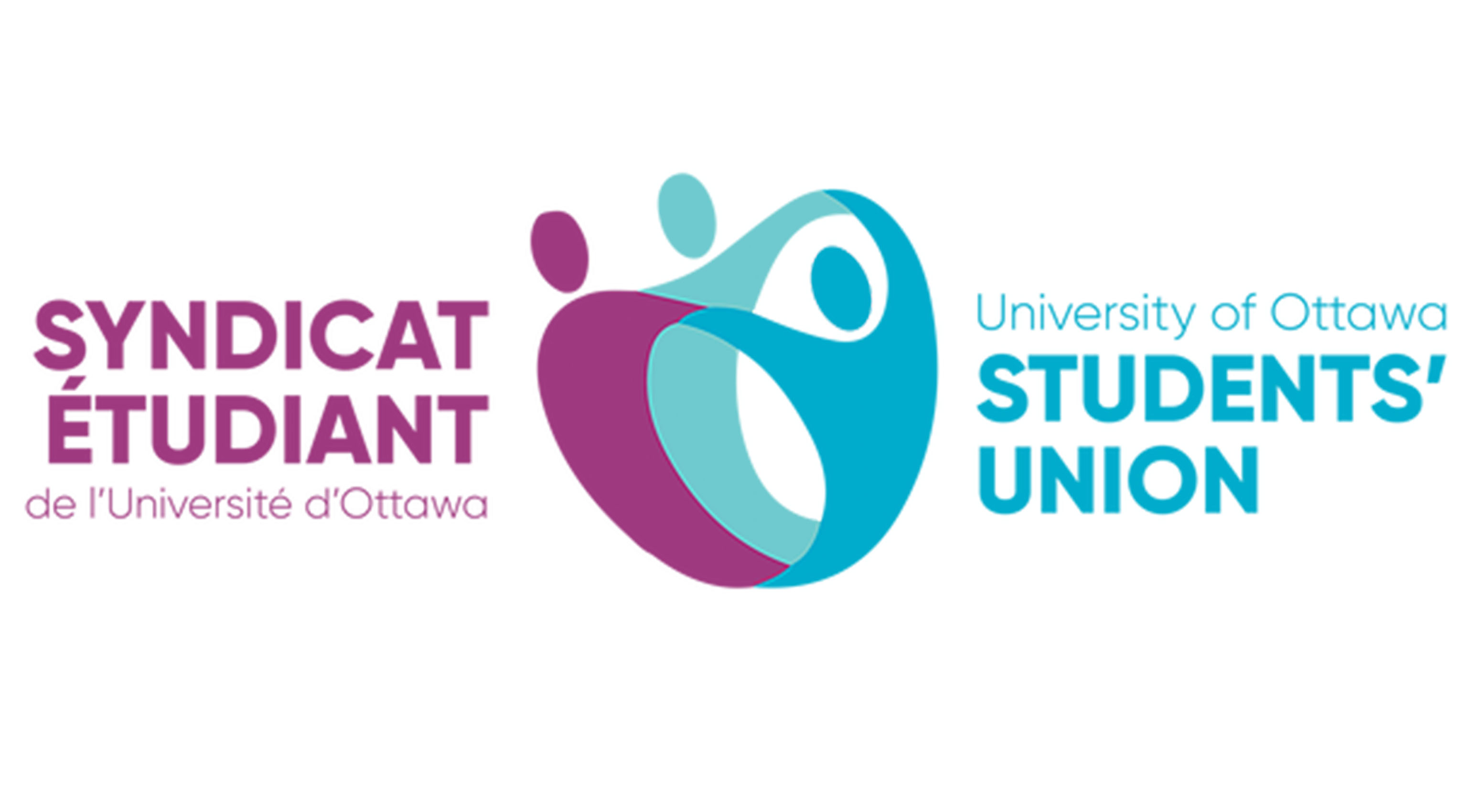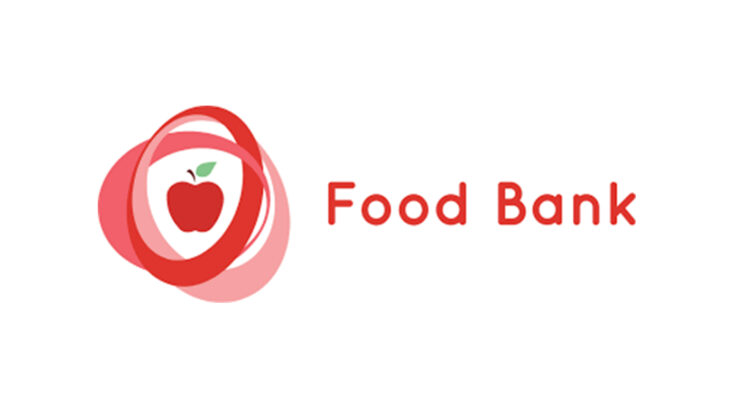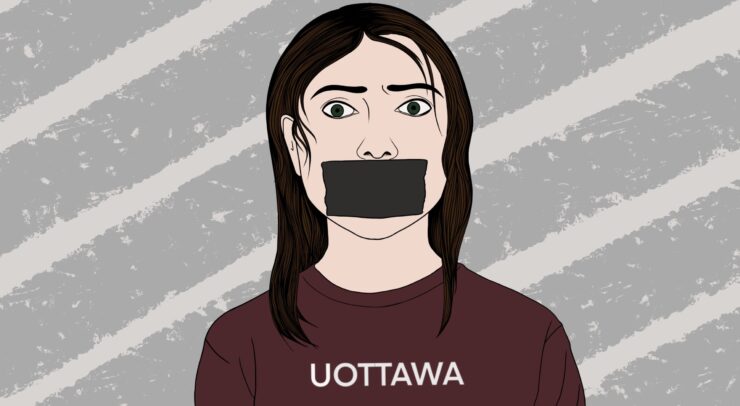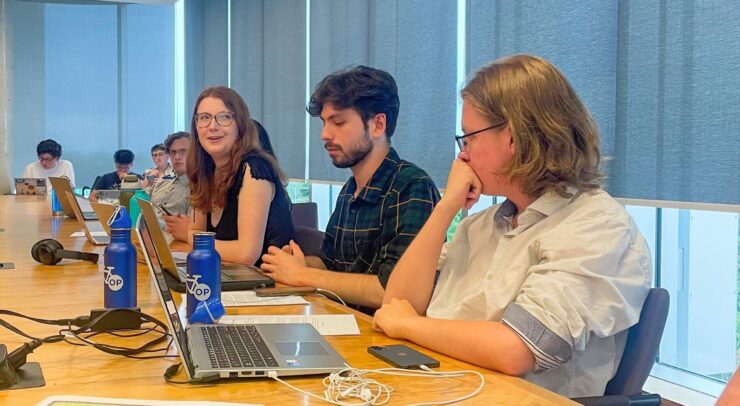Fund is designed as last resort for students in dire need of financial support due to COVID-19
The University of Ottawa Students’ Union has created the COVID-19 Hardship Fund (CHF) to help students who “demonstrate urgent financial need”. The fund is designed as a last resort for students who are in dire need of financial support due to the circumstances surrounding COVID-19. The fund aims to especially alleviate the financial strain on international students who are ineligible for either the Canada Emergency Response Benefit (CERB) or the Canada Emergency Student Benefit (CESB).
“The responses from the federal and provincial governments have not included international students and lower-income students,” said Tim Gulliver, the UOSU’s advocacy commissioner to the Fulcrum. “We were thinking how could we best help people right now, our answer is to help students who are the most vulnerable financially, who are ineligible for the CESB or CERB, many of whom are low-income international students or domestic students who can’t take advantage of those benefits.”
Students who apply for the UOSU’s CHF can receive up to $1,000 in financial support. Most students, however, will receive between $250 and $500. According to the UOSU, “Students whose financial situation is deemed to be in an urgent and exceptional circumstance may receive a disbursement of no more than $1,000.”
“The fund is set up using the surplus of funds of the fiscal year 2019-2020 due to the late start of operation for the UOSU office, as well as any donations from external organizations,” wrote the UOSU in the CHF’s Terms of reference. “In total, the current estimated budget for the fund is $105,000.”
Who’s eligible for the CHF?
Since the funds are pulled from the UOSU’s winter levy, students applying for the hardship fund must have been members of the UOSU in the Winter 2020 semester. Both part-time or full-time undergraduate student at the University of Ottawa who paid their UOSU levy in the winter are eligible. Students who graduated in June and attended the University of Ottawa in the winter of 2020 semester are eligible for the fund.
“We are putting into the fund the money that was not spent from last year’s winter 2020 budget because of COVID-19 canceling events,” said Gulliver. “For us, it’s only fair for the applicants to be students who paid their UOSU fees in that semester because they paid towards that budget. Graduates are eligible.”
Students who wish to apply will need to provide both evidence of a situation of unexpected financial precarity caused by the COVID-19 pandemic and provide evidence of being ineligible for the Canada Emergency Response Benefit (CERB) or the Canada Emergency Student Benefit (CESB) or that these benefits are insufficient for their financial situation.
According to the UOSU, “a situation of unexpected financial precarity caused by the COVID-19 pandemic” can be:
- Travel expenses to go home or to a place of safety;
- Mental health services or counselling sessions that were made necessary because of the pandemic;
- Additional expenses with regards to accessibility;
- Rent payments;
- Job loss;
- Child care;
- Significant loss of parental support;
- Additional expenses incurred as a result of being stuck in Canada;
- And any other expenses as proven that demonstrate an unexpected, urgent financial need caused by the COVID-19 pandemic.
Exceptional circumstance warranting $1,000 in financial help from the CHF “include but are not limited to”:
- A rent payment which the student has proven they cannot pay, and which is outstanding;
- Money to pay for groceries (in the case of a student who is stuck in Canada and cannot return home);
- And any other unexpected and urgent financial need that requires an immediate response.
Privacy concerns
Students will need to provide the UOSU with a number of private digital financial documents to apply for the fund. The UOSU requires applicants to send them copies of student loans, credit card loans, and personal debts.
Here is a list of possible documents that can help support a students application to the CHF:
- Their current financial assets (bank statement), monthly income;
- The financial assistance they are currently receiving (support from family, CESB, CERB, government students loan, scholarships, etc.)
- Recipes from their expenses (grocery, medicine, rent, mental health counselling, etc.)
- For international students: information on when they plan to return home (if planned)
“Attaching supporting documentation to the application form is optional, however, students submitting supporting documentation will have priority and their applications will be treated first,” wrote the UOSU on its website.
The collection of these documents by the UOSU does raise a number of privacy concerns for students who wish to apply for the fund and be given priority. It also creates two class of applicants: those who wish to share their information who will receive preferential treatment and those who do not desire to share their private financial statements with the Union who will be given less priority.
When asked about the privacy concerns students may have with sharing their financial statements with the Union, the UOSU advocacy commissioner had this to say.
“We basically based the questionnaire off of the University of Ottawa financial questionnaire, it will essentially allow us to have similar questions and it helps us to process the data,” said Gulliver.
“We are currently working on a confidentiality policy for storing, handling and destroying the data. We’ve made amendments to our terms of reference, are consulting our IT team and received advice from counsel which has confirmed that we are subject to the Personal Information Protection and Electronic Documents Act (PIPEDA) and that ‘personal information collected will only be used for the purposes for which it was collected’.”
“This is information that will help us make informed decisions as we try to give finite resources to students in need of urgent financial help,” added Gulliver.
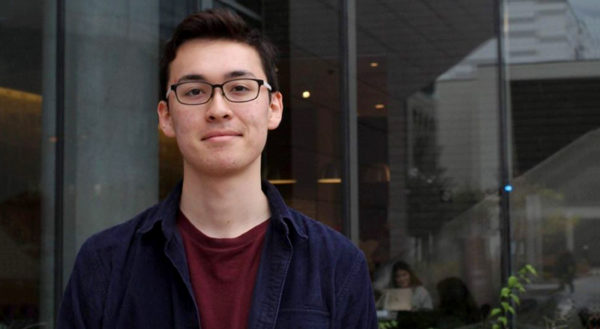
The application process
Students will have a seven day period to apply for the CHF. The application period will open July 1 at 8:30 a.m. and close on July 7 at 11:59 p.m. The assessment period will take place from July 8 to July 23.
A Selection Committee will be created to assess applications and to determine the funds from the CHF every individual applicant will receive. The Selection Committee will be composed of Gulliver, the UOSU’s advocacy commissioner, and Amina El Himri, the student services commissioner of the UOSU.
Students who are chosen to receive funds from the CHF will receive a one-time payment with the full amount the UOSU decides to grant them.
Students will have three days after they receive the payment to “appeal the rejection of their application or the amount of the disbursement which they have received” if they wish to do so to the Appeal Committee. The Appeal Committee will be composed of the UOSU’s president Babacar Faye and the UOSU’s francophone affairs commissioner Marissa St-Amand.

